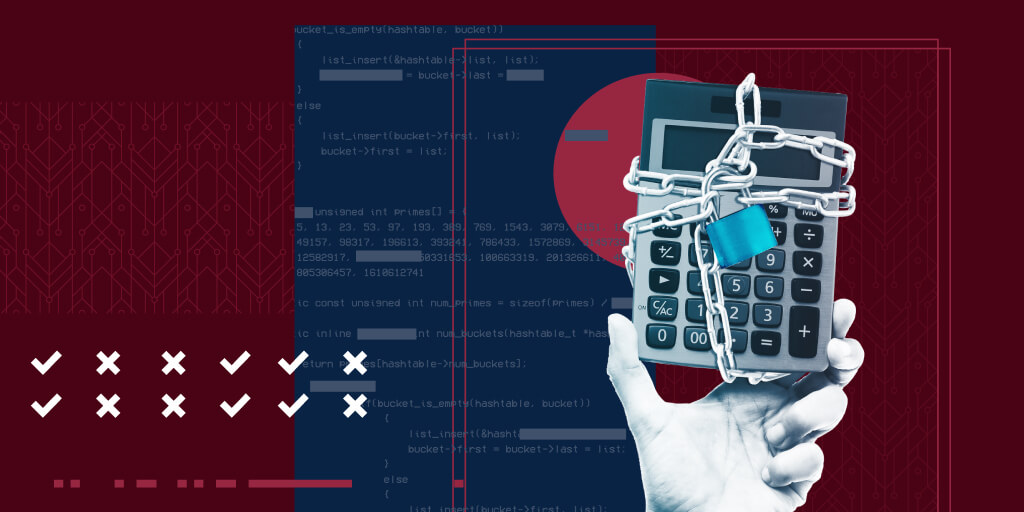-
To carve out a path that balances open access and choice, policymakers, publishers, and developers should pursue a mix of tailored market, technical, and policy solutions.
-
Congress doesn’t have to decide between protecting people and protecting competition. With the right priorities and policies in place, it can do both: create a comprehensive framework to protect kids and adults from the harms of AI, while keeping the door open for new entrants to build, innovate, and succeed.
-
In AI, energy policy is not a peripheral concern; the challenge of “speed-to-power"—how fast a new data center can access energy—is key to competing. To ensure a level playing field, we need an AI energy policy agenda that works for startups.
-
The dormant Commerce Clause isn’t an obstacle to all state AI regulation, but a guidepost for effective AI governance. States should regulate harmful in-state uses of AI, like fraud or discrimination, where regulation can actually protect residents while supporting innovation and American competitiveness.
-
To secure the United States’ position as the unrivaled world leader in AI, the federal government’s R&D strategy must prioritize tech startups, which we refer to as Little Tech. This strategy should focus on two pillars: (1) building robust national AI research infrastructure and (2) supporting research that will fuel American competitiveness.
-
Policymakers want a thriving national AI market—but model thresholds based on compute or training costs will harm startups. Thresholds that target the application of AI tools, like revenue-based thresholds, are more likely to properly identify companies that are well-positioned to bear more substantial regulatory burdens.
-
Policymakers are proposing new transparency requirements for AI developers to disclose information ranging from model design and training data to safety testing procedures and predictions about speculative harms. While transparency is a laudable goal, many of these mandates provide minimal benefit to end users, but threaten to overwhelm Little Tech—our term for startups—with unconstitutional compliance burdens that would make it harder for them to compete with larger platforms.
-
The US government should invest in AI talent and infrastructure to ensure that Little Tech has the ability to compete and thrive.
-
This week, a16z shared our recommendations with the White House Office of Science and Technology Policy (OSTP) for how the United States can implement a competitiveness agenda that will enable it to continue to lead the world in AI development.
-
With state legislative sessions now in full swing and a new Congress and Presidential administration beginning in Washington, it is important to consider the respective roles that state and federal governments might play in regulating AI.
-
To ensure that AI can achieve its potential and that Little Tech can compete with larger platforms, policy should focus on how AI is used, not how AI is built.
-
a16z and Microsoft share policy ideas for AI startups so they can thrive, collaborate, and compete.
-
The time has come to stand up for Little Tech. Bad government policies are now the #1 threat to Little Tech. We believe American technology supremacy, and the critical role that Little Tech startups play in ensuring that supremacy, is a first class political issue on par with any other.

AI Policy
Explore the ideas shaping the future of AI policy and development.
Featured AI Policy Content
Congress doesn’t have to decide between protecting people and protecting competition. With the right priorities and policies in place, it can do both: create a comprehensive framework to protect kids and adults from the harms of AI, while keeping the door open for new entrants to build, innovate, and succeed.
To ensure that AI can achieve its potential and that Little Tech can compete with larger platforms, policy should focus on how AI is used, not how AI is built.
To carve out a path that balances open access and choice, policymakers, publishers, and developers should pursue a mix of tailored market, technical, and policy solutions.
The dormant Commerce Clause isn’t an obstacle to all state AI regulation, but a guidepost for effective AI governance. States should regulate harmful in-state uses of AI, like fraud or discrimination, where regulation can actually protect residents while supporting innovation and American competitiveness.
All AI Policy Content
Interested in AI Public Policy?
Sign up for the a16z AI Policy Brief—your guide to keeping the US competitive in AI.
Sign Up on Substack


